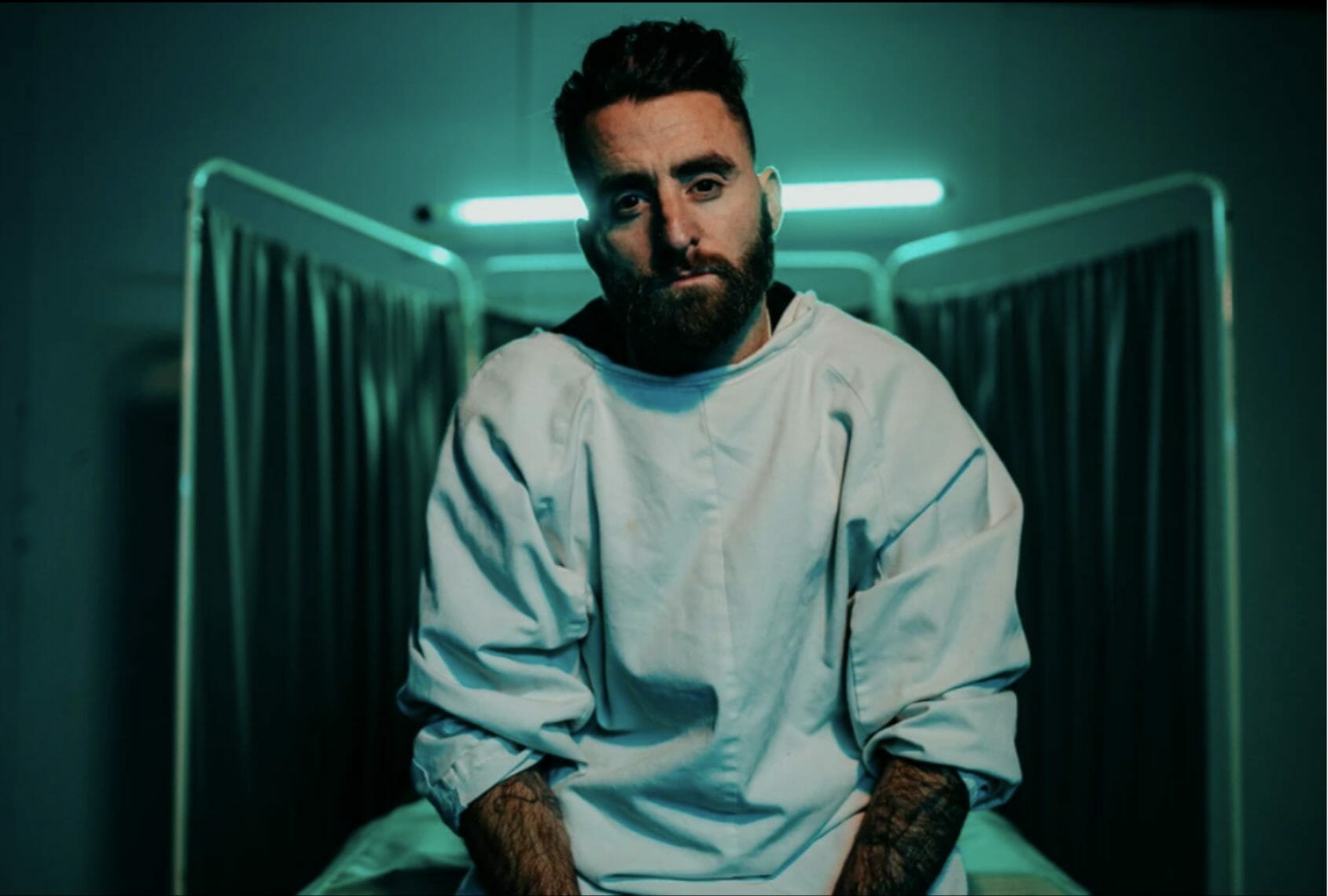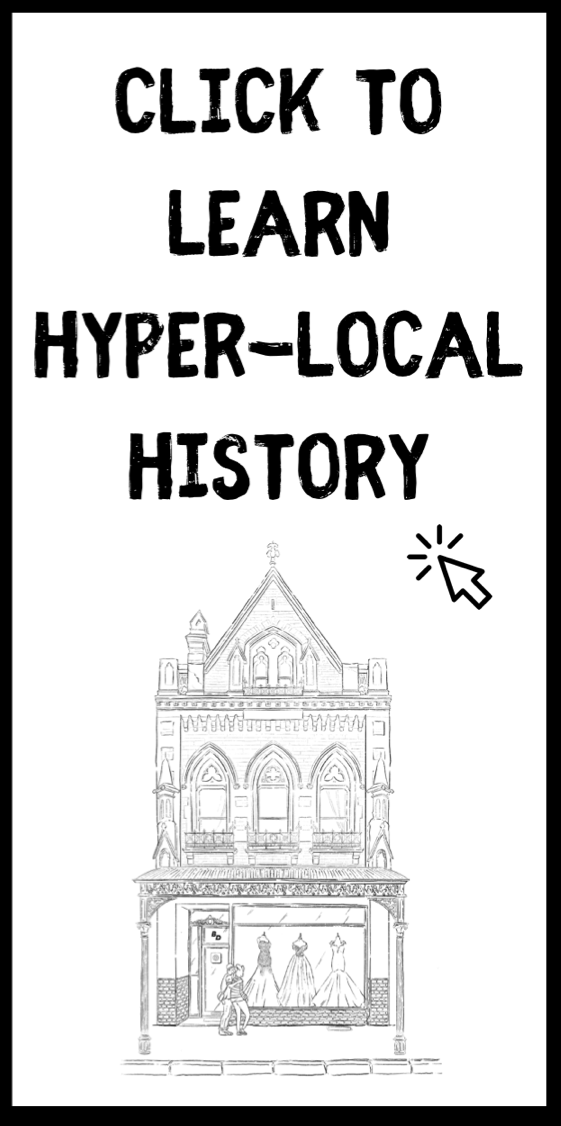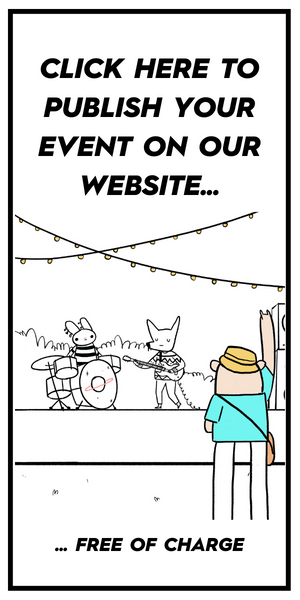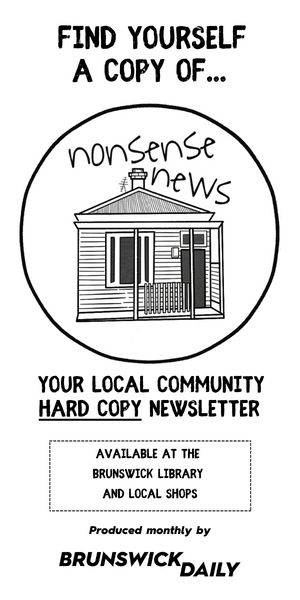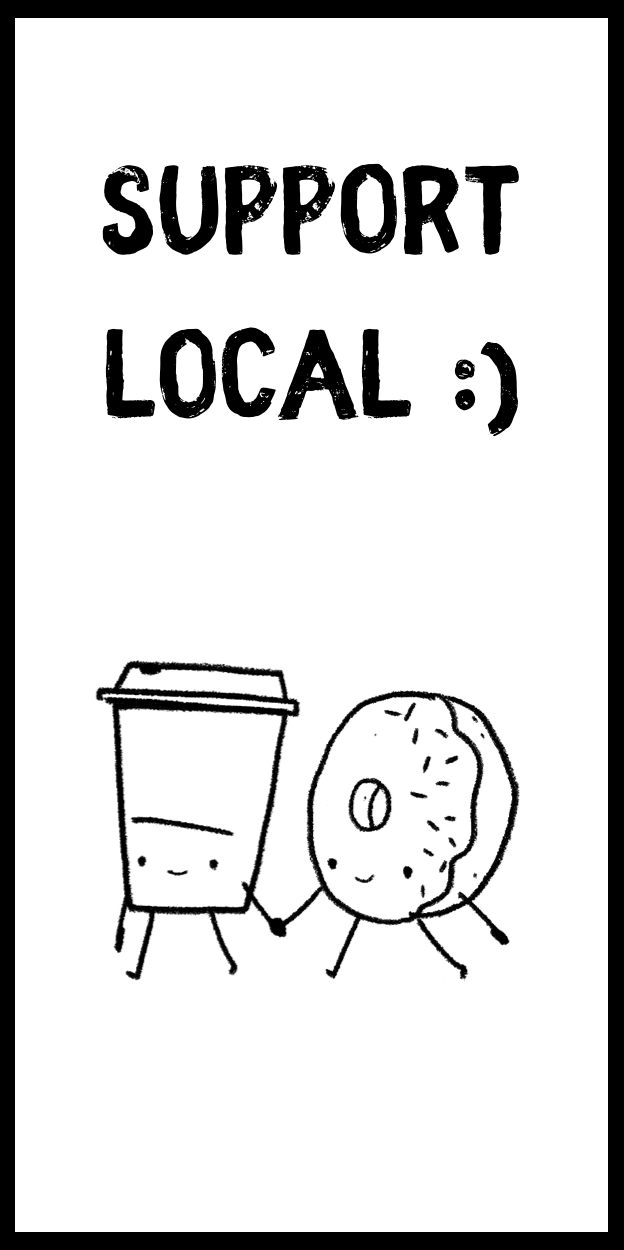Warning: Aboriginal and Torres Strait Islander readers are advised that this article contains images, written voices and names of deceased persons.
Picture a childhood where the notion of what you could become is constantly reshaped by the suspense of a shortened life expectancy. Where your actions and thoughts are dictated by a supposedly imminent death waiting for you around the corner. Another visit to the hospital, a maths test, a nod of consent at your doctor, a song worth dancing to, a tearful gaze at your mum, a Walkman on the car’s front seat, another prescription on your night table, your possibly last day on earth.
You are about to learn how, from his early childhood to this day, Raphael Recht has learned to master the tension between the necessity to survive fate and the freedom to live on his own terms.
Pablo Gonzalez: How do you usually start your story?
Raphael Recht: Once upon a time? [we both laugh] there once was a man named Raph who loved hip hop and graph!
Why hip hop? You know… I remember sitting in the car probably about eight years old picturing myself on stage and I was like… what kind of performer am I gonna be? Am I gonna be like the Bon Jovi guy with the cut-off denim jacket and the muscles or am I gonna be like the sensitive, stylish type like Michael Jackson… you know what I mean? I remember sitting in the car like it was yesterday having this exact thought of who am I gonna be on stage?
Was this in South Africa? No, this was after getting here. We moved here in ‘86 with my mum and my brother, I was five years old.
Ok, who am I gonna be on stage? You know I was like what kind of performer I’m gonna be… I never had any actual talent except, I mean, I could dance and I loved to imitate but I definitely couldn’t sing. I was very bad! But I was used to doing it, I used to love doing it. I have these family photos of myself from primary school performing with this little cheap guitar and an amplifier and a microphone. I don’t know what the hell I was singing but you could see I was going somewhere.

“Who am I gonna be on stage?” Source: Raphael Recht
You were performing! I was performing! I’m not saying it worked but I was performing and I always did that…
I’m still intrigued about the genre you picked… hip hop, tell me more about it I think it started back in the 90s you know… we listened to every genre of music. My parents had a lot of music, my brother had a lot of music…
What do you remember listening to at home? Ooh, we listened to Joni Mitchel, Janis Joplin, The Doors, Abba, what were those guitar players “Bamoleooo”! The BGees, no?
[Haha] No! “Kings” is in their name… The Gipsy Kings! The Gipsy Kings!… the Beatles, Led Zepellin… I loved classical music, I loved anything that had an emotive drive in it! Something that made you feel something.
The drama? Yeah, I was also very inquisitive… I always wanted to know what lyrics meant and I think that’s why I probably drove to hip hop because it was very poetic, it was very lyrical, cause they’re always saying something really profound… and just street 90s culture was so hip hop…
When you asked yourself “who am I gonna be on stage”, why do you remember being in a car? I used to listen to my walkman in the car, I listened to a lot of music in the car but I don’t know… I just remember having that thought in the car… and I was like what am I gonna be? What kind of person am I gonna be?
That’s a big question for an 8-year-old! Yeah, I think when you grow up with a chronic illness like I did and you’re told a whole lot of things from before you can remember, you have an understanding greater than someone who hasn’t been told those things… you know, like awareness of death, knowing that you’re different makes you think about life a bit differently… and question things!
Tell me about Cystic Fibrosis (CF)… Do you feel comfortable talking about it? Oh yeah, I have no inhibitions… it’s basically like an X-Men, you know… that’s how I look at it, like a genetic malfunction. Basically, the Cystic Fibrosis Transmembrane Conductance Regulator (CFTR) doesn’t work! The CFTR is a filter in your body that helps you clean out bacteria and keep your cells healthy. Bacteria builds up in your organs creating a thick sticky mucus which is typically extracted through the airways and organs, but in my case, I just can’t extract it… this ends up blocking my organs and airways creating malfunction, chest infections, and leading to diabetes which I now have… It’s just something that I have to manage every day. I mean it’s definitely shaped and influenced how I think and how I live.
Yeah… and asking yourself those big questions from a very early age… I think it did lead there and then it also created cognitive dissonance. On one side, your parents and doctors tell you all these things whether it’s about religion or health, and then on the other side, it’s how you actually feel. So you have to ask yourself “What’s my reality?” I’m struggling with school, struggling at home but I’m being told that I’m sick and I’m not going to live so why am I even at school? What’s the point? What’s going on? Where do I put my energy?
Was music the place where you put your energy? Well, when I was young I didn’t actually do music. I struggled academically so I focused on dance, drama, and art… and I was mainly doing dancing and drama up until I was 15. Then I started the rhyming thing, having fun freestyling, being around musicians and other artists and writing in my 20s before I went overseas for a couple of years.
Where did you travel to? Canada, I did some of the UK and America but mainly Canada and it’s funny because everywhere I went I met someone who I formed a musical relationship with. I would write about a bunch of stuff and perform and do open mics, and always have fun with it but I think around 99-2000 I didn’t feel that what I wanted to rap about was the status quo.
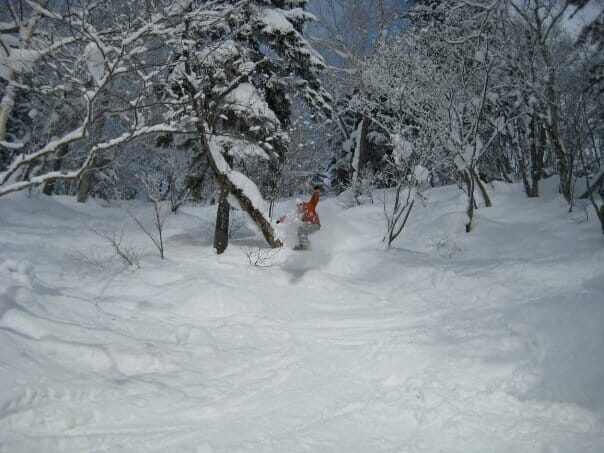

“I didn’t feel that I want to rap about the status quo” Source: Raphael Recht
You didn’t? No! Like Eminem came out and he did the whole self-awareness thing but if another artist did the same it was very “Eminem”. I saw the shift of artists and I didn’t really want to be part of the rapping thing, so I picked up a camera and started doing photography. When I came back I was like ok cool I want to be a photographer and just went to Arts school and did four years of photography and then I got into filmmaking and all that while I kept hanging around with musicians, and doing music and freestyling, and doing some songs here and there but nothing serious… but yeah I kind of just felt there was probably more money to be made out of photographing rappers than being a rapper…
… while still being in touch with the art Yeah, and for a long time I didn’t actually see anything genuine in what people were doing, I saw everybody just emulating music, repeating themselves and it came back to my self-awareness. Growing up with CF I didn’t attach myself to the norms of what people do… go to school, university, get a job, or get a family. I didn’t want to attach myself to any of the social constructs and when I saw other people doing music a lot of the time I could see they themselves didn’t even realise that what they were rapping about wasn’t even genuine to them.
They weren’t telling their story… they weren’t telling their story! It was just repeating and it was just mimicry and I didn’t want to be part of that. So when I was young I was rapping a lot about having Cystic Fibrosis and about life and death and about being in hospital and losing friends and shitty home life and having to go to 10 schools. Being dyslexic I also had a lot of problems writing, it was actually from trauma so writing is one of those things that I struggled with, so I always tried to find someone to help me write but in hip hop in the 90s if you weren’t writing it wouldn’t be hip hop. But no one wanted to help, everyone was like “that’s not hip hop, do it yourself man, you’re not real, you need help, that’s not real” I’m like fine I’ll just keep taking photos to make money.
And you got this perspective from looking at it through your camera? [he reflects] No… I could always see it. It was very clear, people want truth, real truth and real honesty, so that’s when I had the idea to write this album… and it’s not even an album, it’s a project and it’s not even for commercial it’s for educational purposes. This is the thing that starts me going on a journey not performing the music but talking about the things in the music… The idea isn’t to start a music career, it is to put out a thing that will eventually take me to the next step…
…it’s your bridge it’s my bridge, yeah! In 2014 I was like… Ok, I can use my story I can do it! I can tell my story, my Once upon a time, my hundred per cent truth. It became not about me anymore, it was about the story, and as much truth and honesty I put into that story it was for the viewer to relate to. Someone said to me “I wish I could be as vulnerable as you about my work” and I’m like… you have to let go of yourself, it’s not about you, it’s about the story, forget yourself, forget what you think of you and what others think of you and be honest, just put it all in there.
I could tell by looking at your production website and the videos that you have there how you’re using music as a channel to tell a story, either having a commercial or a social purpose. Oh yeah yeah! I mean telling other people’s stories came from having empathy and compassion and understanding I could see what people are trying to say and then formulating it into visuals. I can translate! I know what you’re trying to say and I can help visualise that.
Have you explored other music genres to do that or why did you stick to hip hop? remind me of the name of this clip Rock something… Rockhole!
Rokhole, rockhole!
I loved that video! I could feel the connection, people were enjoying it! Man, that blew up, it was huge! That was with Indigenous Hip Hop Projects, that was a company that I went to the Northern Territory with. We would go to a community, meet the community, perform for the community, get the community to write a song, and then make a video with them.
Were you part of the whole process? Yeah, it’s like a program, you go there and spend two weeks with them and then you write a song, record the song and you film the music video, the experience is amazing.
How well do you think hip hop connects with Australia and Australia’s First Nations people narrative? I think the same way I relate to hip hop is […LONG PAUSE…] Ok… I mean clearly, the relationship between First Nations and hip hop is they may hear hip hop for the first time and they see themselves like they haven’t seen themselves before. Like oh my God! There’s other people in the world who feel like us, you know, they see the way white people are, they see the way they are, that’s what this is! You know there’s a direct correlation between the way they feel that they’re treated and then the way they’ve been treated and what they see and what they hear so, they very much identify with that.
Like a channel to raise the voice of minorities? If you can identify with struggling it’s the same thing… I relate this to my health. My everyday struggle with my health is the same as I feel like somebody who… how do you explain it?
I saw a documentary on a woman from the civil rights movement and she talks about how they would wake up and get on the bus where they weren’t even allowed to sit, or they went to a job interview where they knew they weren’t going to get the job, or go down the street where they knew it was going to be hard for them but they did it anyway… they had to do it… and that’s how I felt growing up, you know? I knew I had like a death sentence basically. “You’re gonna die by the time you’re 19” but yet every day I got up and I went to school and I did my airway clearance and I did all these things that I knew weren’t gonna cure me but I had to do them to live, so I can see the similarities. You just gotta keep moving forward regardless of what you have and I think anybody in that same situation whether it’s a First Nations, or someone with a disability, if they have that self-awareness and understanding of what you need to do to live, you just of gotta do it. There’s no other way really, what do you do, just give up? You sit back and go “Oh well, whatever!” You can’t do that!
Or maybe you can, don’t you think that there’s a decision behind it? Yeah of course! I mean the other thing that I could do is just go and live in Bryon Bay on a beach and meditate every day and swim and just eat and just exist… I think I have too much creative drive to help other people… it’s whether through telling my music or sharing my story or helping somebody else share their story.
Tell me more about your album “LIFEXPECTANCY” Well, we started the LEX project. LEX is an abbreviation of Life Expectancy like in medical terms. The LEX project is a branch of the album, a way to present the work within the album, and it mainly is a way for artists of all types to come together to put on shows with art, dance, and music…
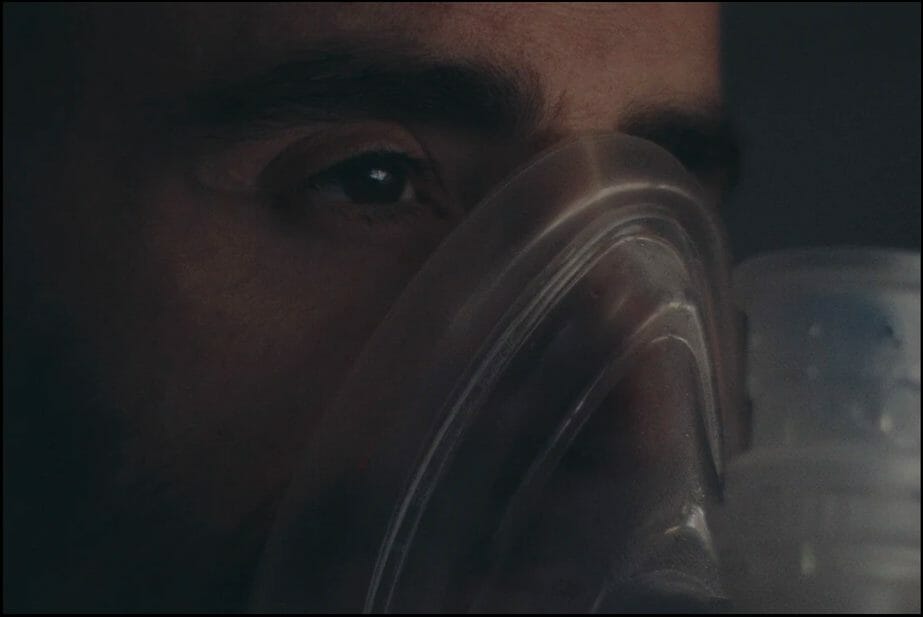

Click on this image to learn more about LEX Project. Source: LEX Project website
… I put on a play at La Mama Theatre where we turned the album into a musical. We brought in dancers to help tell the narrative and visuals to sort of change the way the story was being told, change the way the story is being absorbed. For a regular music show you go to a venue, have a couple of drinks and you dance, when you see comedy, you laugh. I decided to use theatre because when you go to the theatre, you pre-programme yourself to take in a story, to listen and follow the journey. So I chose to do the album show in a theatre with dancers and a bit of comedy so the audience would actually take it all in.
The audience is seeing neither Macbeth nor Jimmy Fallon but you give them a little bit of both… yeah! Like there was a part in the show where I sing and the dancers were playing therapists and then I say the Michael Jackson thing, I staged with Michael Jackson, the screen lights up with the Entertainment Tonight news report.
“Oh, yeah! Would I like to go? That’s a stupid question” said Raph to Michael Jackson.
What was the name of the show? It was called Breathe.
You have a song named Breathe as well… and a documentary.
We came here to talk about your music… that’s what brought us together, but today I’ve learned that there’s way more happening around your music. LIFEXPECTANCY is not only an album, but it’s a project. It’s a show, a documentary, and a story to help you open more doors. What are the doors you’d like to unlock with the LEX project?
I want to raise awareness for mindfulness and wellbeing, and I want to take this message to universities, and schools and health seminars and do motivational speaking, I want music to be my book…
… I’d like to go and show the documentary, perform a song, and then just talk and tell my story. It’s all about acceptance and truth. I believe that once everybody has true compassion and empathy and self-understanding we can then use that to accept other people. We can get rid of judgment and of treating other people badly because we understand that we’re all the same and we can heal each other…
Thanks so much for sharing, Raph. My pleasure.
You can support Raphael Recht’s LEX project by doing all or either of the following:
- Sharing this article.
- Sharing LEX Project’s website.
- Telling Raphael’s story to your friends and to those who need to listen to it.
- Listening to the album LIFEXPECTANCY.
- Sending Raphael a message to collaborate [email protected]

